Uncle Chuck Productions
Book to Screen Development
adapting a book into a screenplay or script for film or television
Let Uncle Chuck Productions help bring your book to life on the screen. Your story deserves to shine in every medium!

At Uncle Chuck Productions, we specialize in translating literary works into cinematic masterpieces. Our team understands the unique challenges and opportunities of adaptation and works closely with authors to bring their stories to the screen.
What We Offer
- Thorough Evaluation: We assess your book’s cinematic potential and determine the best format (feature film, limited series, episodic).
- Collaborative Approach: Your vision is our priority. We involve you throughout the process to ensure the adaptation stays true to your story.
- Professional Expertise: Our team includes experienced screenwriters who understand how to balance creativity with industry standards.
- Market-Ready Results: Whether it’s a pitch treatment or a completed screenplay, we deliver polished materials ready to captivate producers and studios.
Why Book to Screen Development Matters
Adapting a book for the screen breathes new life into the story and expands its reach to a broader audience. A well-executed adaptation can:
- Bring Literary Stories to New Mediums: Transform a beloved book into a cinematic or TV experience that captivates viewers.
- Enhance Marketability: A polished screenplay opens doors for production opportunities.
- Honor the Source Material: Preserve the heart and essence of the book while making it screen-ready.
What is Book to Screen Development?
Book to Screen Development is the process of adapting a book into a screenplay or script for film or television. It involves reimagining a literary work to fit the visual and structural demands of screen storytelling while maintaining the heart and essence of the original book. This process requires a blend of creativity and technical expertise to ensure the adaptation is engaging, cinematic, and faithful to the story’s core.

How Book to Screen Development Works
Source Material Evaluation
- The process begins with a thorough analysis of the book to identify its cinematic potential.
- Key elements such as plot, characters, themes, and tone are reviewed to determine how they translate to the screen.
Adapting the Story for the Screen
- Streamlining: Books often have more content than can fit into a film or series. The adaptation condenses subplots and trims details while preserving the main story arc.
- Visual Storytelling: Internal monologues and descriptive prose are converted into dialogue, action, and imagery that resonate visually.
Structure and Format
- The narrative is restructured to follow screenplay conventions, such as the three-act structure or episodic format for series.
- Key moments are crafted as dramatic scenes that drive the story visually and emotionally.
Treatment Creation
- A treatment, or narrative outline, is written to map out the film or series, highlighting essential plot points and character arcs. This document serves as a pitch tool for producers and studios.
Screenplay Development
- The treatment evolves into a full screenplay, with refined dialogue, action sequences, and detailed descriptions tailored for production.
Collaborative Process
- Authors are often involved to ensure the adaptation aligns with their vision, while screenwriters contribute their expertise to create a script ready for industry presentation.
